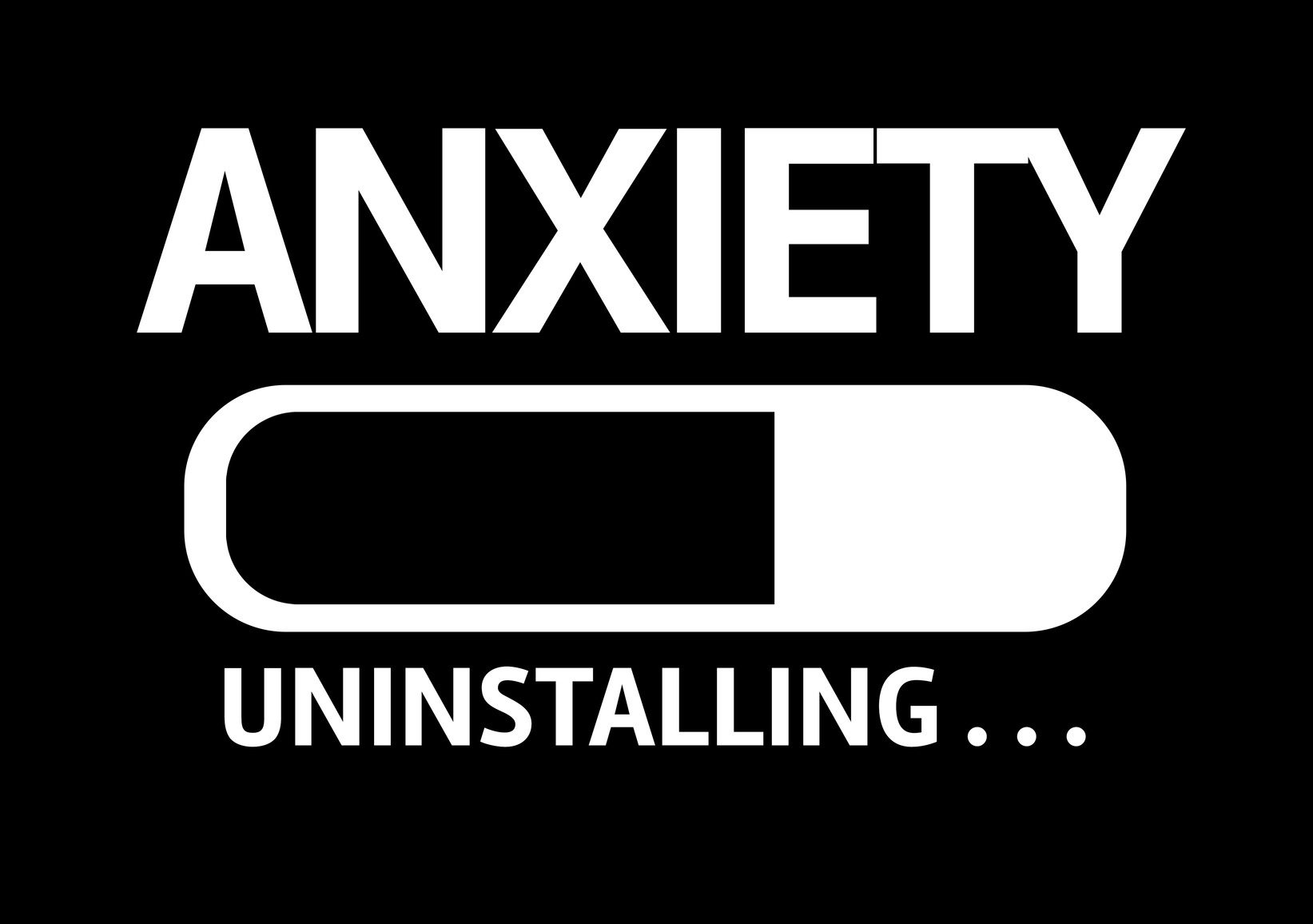According to the Anxiety and Depression Association of America, social anxiety disorder affects 6.8% of the U.S. population. That total equals out to a staggering 15 million people. Social anxiety goes beyond just a tendency to act shy around others. Indeed, it can completely debilitate the sufferer. The disease makes it almost impossible to enjoy social situations. People with social anxiety have an extreme fear of being judged or ridiculed by others. Moreover, everyday life can become a constant battle.
Many people who suffer from social anxiety feel powerless against their emotions and symptoms. However, the following simple practices can make a world of difference when you start feeling anxious in social situations.
Here are 5 Ways to Help Overcome Social Anxiety:
1. Try not to have an “all or nothing” mindset.
Justin Weeks, Ph.D, an assistant professor of psychology and director of the Center for Evaluation and Treatment of Anxiety at Ohio University, said “Dispute both bleak thoughts that undermine your performance and fuel your anxiety, and equally unrealistic thoughts that are irrationally positive.”
What does this mean? Basically, you should practice retraining your brain to not automatically think of the worst-case scenario, but also not get your hopes up too high. Having the mindset of a “realistic optimist” can make life exponentially easier. That’s because you won’t have unrealistic expectations. However, you also won’t dwell on every little thing that might go wrong.
2. Gradually increase your exposure to social situations.
This is what therapists call cognitive-behavioral therapy. And if you do choose to see a therapist, he or she can help you through the necessary steps of feeling more comfortable in public.
Dr. Weeks said it best: “We avoid what frightens us, and in turn, are frightened by what we avoid.”
The longer you evade social encounters, the more the fear will build up in your mind. Of course, gradual exposure will ease you into the situation so you don’t become overwhelmed, so try to first imagine yourself conquering your fear. Picture yourself assuredly delivering a speech in front of your class, or confidently walking up to a group of people at a party, or even just having a relaxed conversation at your home with friends.
While you imagine this scenario, don’t focus on how others might perceive you. Just picture what you would ideally look, feel, and sound like if you felt totally comfortable in this social situation that you fear. Then, just go from there. Talk to your barista at the local coffee shop when you stop by. Or go out with a trusted family member or friend to somewhere that makes you feel anxious, like a grocery store or mall.
It might feel uncomfortable or scary at first, but conquering the fears that you have implanted in your brain is a very necessary step on the path to recovery. Make sure to practice positive affirmations along your journey, because a positive mindset is a key to overcoming any challenge, no matter how big or small.
3. Practice deep breathing and meditation exercises.
An emerging body of research continues to prove that mindfulness can ease symptoms, or even completely reverse, social anxiety disorders. People who suffer from any form of anxiety focus their attention entirely on the future – how people will react to what they say, what people will think of them, if people will notice their blushing face or shaky hands in a group setting, etc. However, meditation and deep breathing exercises teach them to bring their attention back to the present moment and think of nothing else but their own breath.
After practicing this for a few weeks or months, it becomes second nature, and they can use these valuable tools when talking to people, giving a speech, or anything else that requires interaction with people.
4. Join a support group for social anxiety.
Oftentimes, people who suffer from mental disorders feel isolated, misunderstood, and abandoned. However, social groups catered to people with similar issues or backgrounds can make sufferers feel like they belong somewhere, and that people do understand what they’re going through. Research local support groups on Facebook or maybe even your area’s Chamber of Commerce website for more information.
5. Avoid focusing your attention inward as often.
As you may have heard before, we are our own worst critics. We analyze ourselves more than other people ever will. Thus, we create a lot of anxiety in our heads about how we appear to others. Some might call this “hyper-analyzing,” and it can become a very toxic practice if you make it a habit. To free yourself from these incessant thoughts, try to instead shift your focus to your current environment.
Listen to others fully when they speak to you, instead of wondering what you will say or fearing how you look or sound to others. Notice the color of the paint on the walls. Or observe how the smiles on others’ faces brighten up the room. Taking the attention off yourself for a while doesn’t mean that you don’t matter. Instead, it just gives you a chance to take in the entirety of a situation, rather than just your role in that situation.
These practices allow you to embrace the full experience of life instead of just a fraction of it spent inside your mind. Enjoy the life awaiting you with open, loving arms. You are valuable and deserve to live it!



















